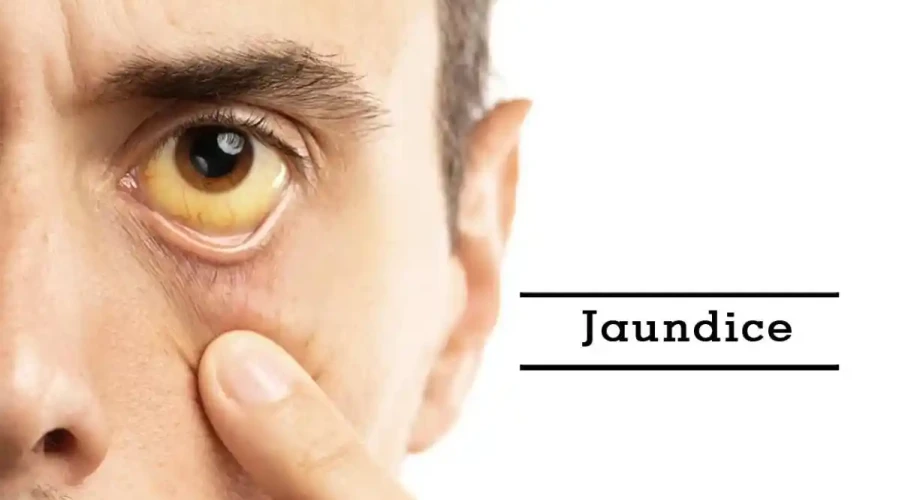Learn effective solutions for digestive problems with expert tips to improve gut health, reduce discomfort, and maintain a healthy digestive system.
Signs of Jaundice: What You Need to Know

Signs of Jaundice
Jaundice is a medical condition that affects many people around the world. It happens when there's too much bilirubin in the blood, causing the skin and eyes to turn yellow. Recognizing the warning signs of jaundice is important for early detection and treatment. Here are some simple English explanations of the symptoms to watch out for:
Yellow Skin and Eyes: One of the most noticeable signs of jaundice is the yellow discoloration of the skin and the whites of the eyes. This yellow coloration occurs due to the buildup of bilirubin, a yellow pigment, in the body.
Dark Urine: Jaundice can also cause urine to become darker than usual. Instead of its normal light yellow or clear color, it may appear brownish or tea-colored. This change happens because excess bilirubin is being expelled through the urine.
Pale Stools: In contrast to dark urine, stools may become pale or clay-colored in individuals with jaundice. This change occurs because bilirubin, which normally gives stools their brown color, is not being properly processed and eliminated by the body.
Itchy Skin: Jaundice can sometimes cause itching all over the body. This itching sensation is known as pruritus and is believed to result from the accumulation of bilirubin in the skin tissues.
Fatigue and Weakness: Feeling unusually tired or weak can be another symptom of jaundice. The buildup of bilirubin in the body can affect energy levels and overall vitality, leading to feelings of fatigue.
Abdominal Pain: Some people with jaundice may experience pain or discomfort in the abdomen, particularly around the liver area. This pain can vary in intensity and may be accompanied by other digestive symptoms such as nausea or vomiting.
Loss of Appetite: Jaundice can also cause a loss of appetite, making it difficult for affected individuals to eat as much as they normally would. This lack of interest in food can contribute to weight loss and nutritional deficiencies if not addressed.
Fever: In some cases, jaundice may be accompanied by a fever. A fever is a sign that the body is fighting off an infection or inflammation, which could be related to the underlying cause of jaundice.
Confusion or Difficulty Concentrating: In severe cases of jaundice, where bilirubin levels are very high, individuals may experience confusion, difficulty concentrating, or changes in mental clarity. This can be a serious symptom and should be evaluated by a healthcare professional promptly.
Yellowing of Other Body Parts: Along with the skin and eyes, jaundice can sometimes cause other parts of the body to turn yellow, such as the inside of the mouth or the palms of the hands. This yellowing is due to the buildup of bilirubin throughout the body's tissues.
If you or someone you know is experiencing any of these symptoms, especially if they are persistent or severe, it's important to seek medical attention promptly. Jaundice can be a sign of underlying health conditions that require proper diagnosis and treatment. Early intervention can help prevent complications and promote better outcomes for individuals affected by jaundice.
Blogs & Article
Explore current research trends in digestive health, including new treatments, advanced diagnostics, and innovations improving gut health and patient care.
Discover common digestive health myths and the real facts. Learn simple tips to improve gut health and maintain better digestion for a healthier life.


